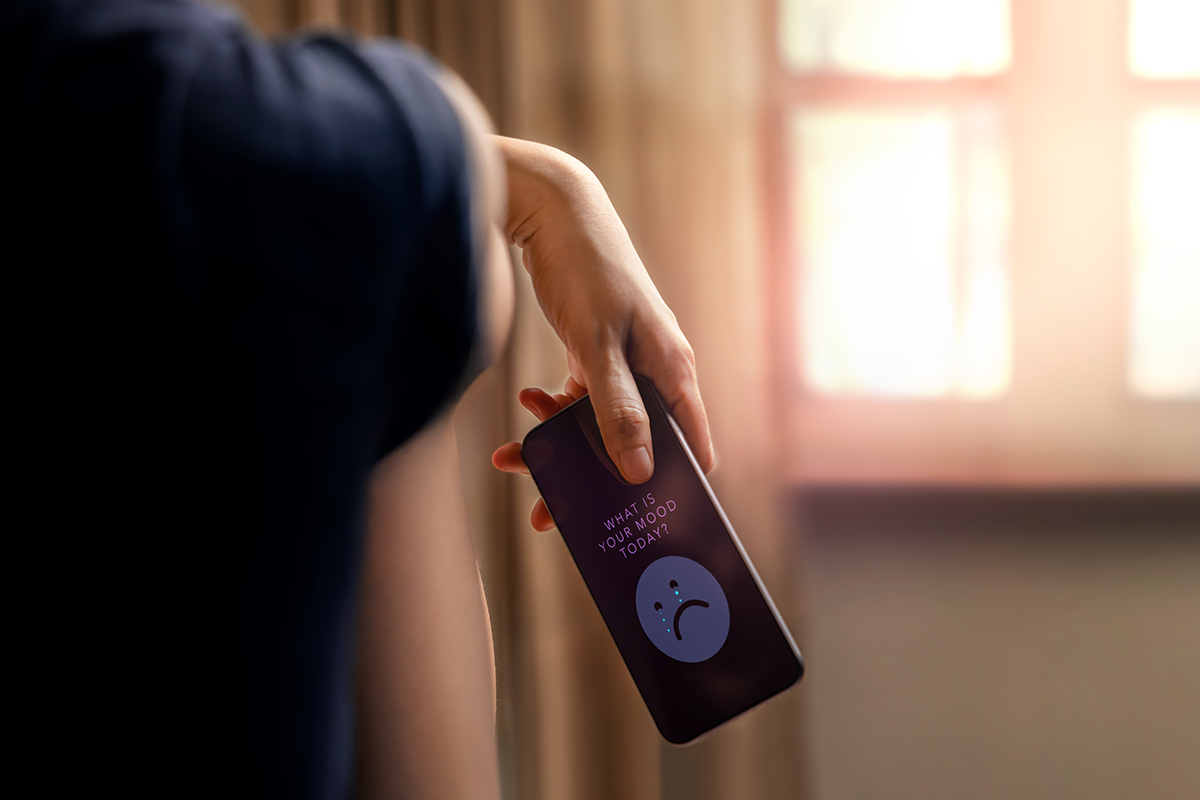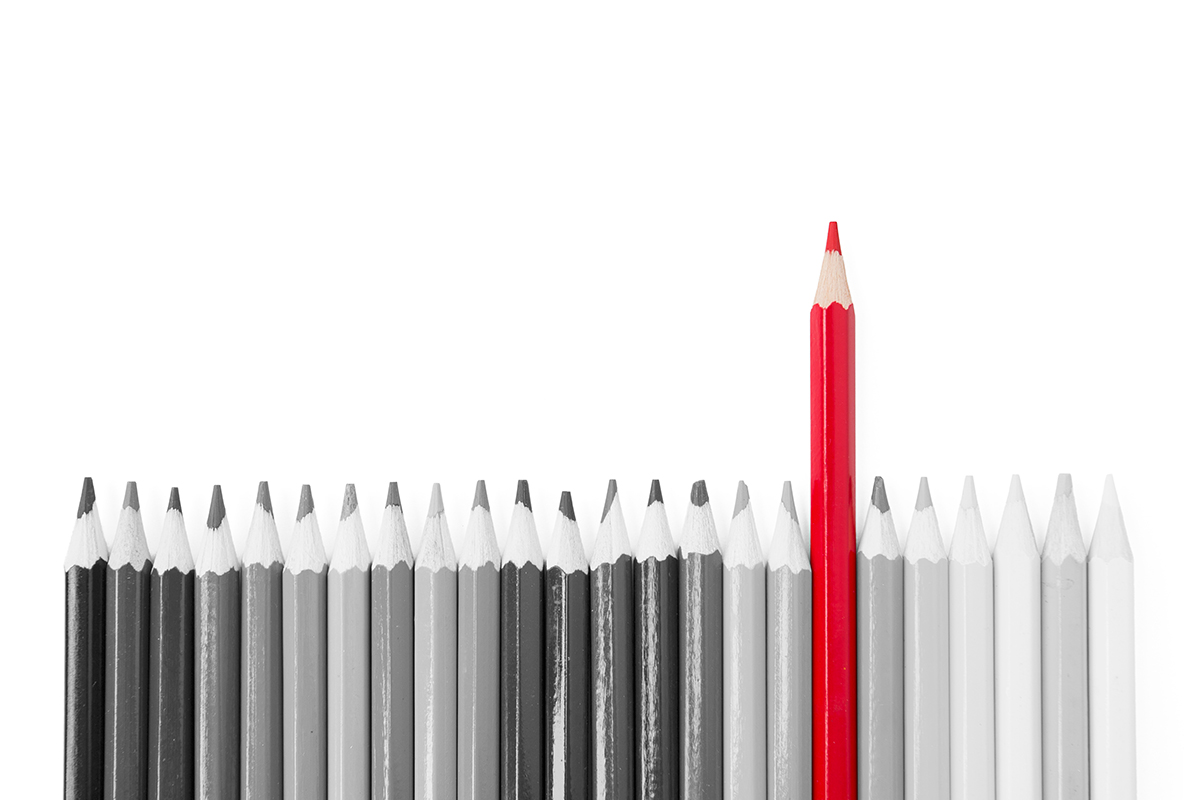Social Media Impacts Women’s Mental Health – Study
July 7by Cody Mitchell
In light of significant policy debates about the impacts of social media on young people, Australian media are reporting the findings of a new study into mental health and social media, conducted by economic research group—the e61 Institute.
The new research found that young women, born from the late 1990s onwards—also known as Generation Z or “Zoomers”—exhibit “strikingly” lower mental health than either men (of all ages) or older women.
This correlates neatly with the rise around 2010 of platforms like Instagram and Snapchat.
Instagram was launched in 2010, while Snapchat was released in 2011. It was at a similar time (2009) that Facebook introduced the “like” button—revolutionising social media interfacing.
The Social Media Age Debate in Australia
The report, Some of Us R Not OK: The Decline in Youth Mental Health, was submitted as evidence to a new federal parliamentary select committee on social media and Australian society.
The inquiry, which will deliver its report in November, will consider the use of age verification to protect Australian children from social media as well as how to deal with harmful content distributed over such platforms.
The new study comes as the Federal Opposition—the centre-right Coalition—committed last month to lifting the minimum age for children to access social media from thirteen to sixteen and introducing an age verification system to ensure that social media companies comply with Australian laws.
In May, the centre-left State Labor Government of South Australia commissioned a legal examination into banning children under the age of fourteen from social media.
The Federal Labor Government has also provided in-principle support for raising the age, although the Prime Minister has not committed to a ban on those under sixteen years old using social media platforms.
Some of Us R Not OK
The e61 Institute study notes that young women are heavier social media users than their young male counterparts—reinforcing existing research, which shows that 90 per cent of women aged 15–24 use social media daily or most days. For males the same age, that statistic is 75 per cent.
Report co-author and e61 research director Gianni La Cava explained the apparent correlation between social media and declining mental health: “Our research finds that youth mental health was stable but then began falling sharply after 2012 which coincides with the time when photo and video-sharing social media platforms became widely popular.”
She noted that more data would be required to establish an actual causal link between social media and declining mental health among younger Australians; however, “the coincident timing of the decline suggests there is a link”.
As La Cava pointed out, the new research confirms existing data, which shows that Gen Z women “experience higher rates of mental health disorders, greater need for help from mental health professionals and increasing rates of mental health-related hospitalisations.”
The new study adds to the growing body of research highlighting serious impacts from pervasive digital technologies like social media in our society—and on the mental health of young men and women.
Further reading:
Cal Newport, Digital Minimalism, Portfolio: 2019.






